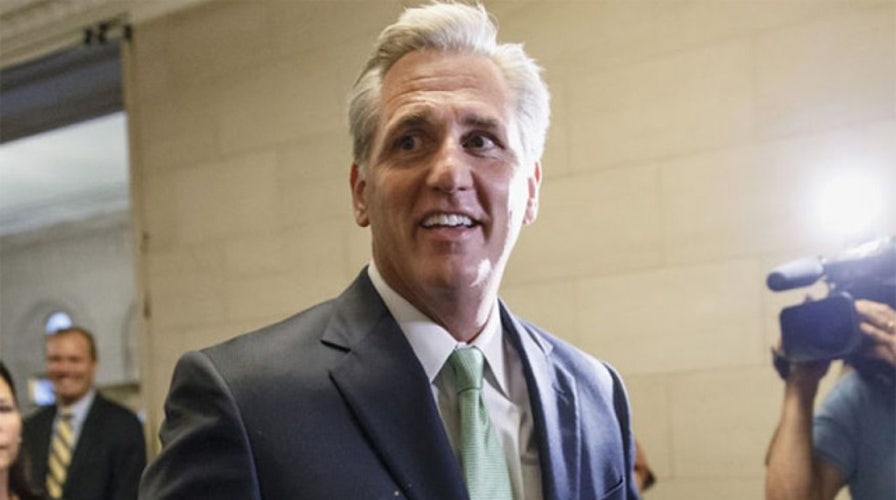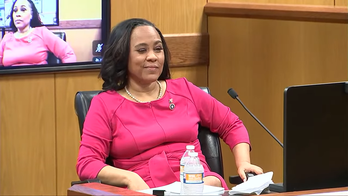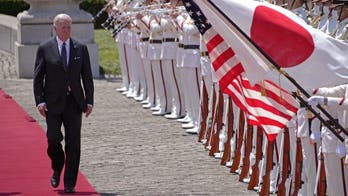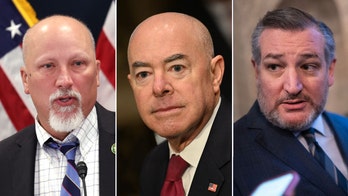Coming Up on 'Fox News Sunday': June 22
We speak with Kevin McCarthy in his first interview since becoming Majority Leader-elect
Rep. Kevin McCarthy, the new House majority leader, said Sunday the United States’ strategy for intervening in the Iraq crisis should be “everything is on the table,” including sending troops to stop the widespread sectarian violence threatening to take over that country.
McCarthy, R-Calif., told “Fox News Sunday” that nobody in Washington says sending troops is the solution right now. But the U.S. should keep open that option, and the larger problem is that the Obama administration lacks a clear plan, he said.
“The key part is to lay out a strategy,” McCarthy said in a wide-ranging TV interview, his first since members of the House Republican Conference last week elected him to majority leader -- the No. 2 leadership position in the chamber.
McCarthy, who replaces outgoing Majority Leader Rep. Eric Cantor, of Virginia, said he doesn’t have a problem with President Obama sending 300 military advisers to Iraq, where Sunni Muslim militants have seized several towns and cities.
“But I want to see a strategy,” he told Fox.
McCarthy also suggested the biggest problem for House Republicans trying to move America forward is Senate Majority Leader Harry Reid, not Obama.
He argued that Reid, D-Nevada, has failed to address House-passed bills and get them to Obama’s desk and that a “new day” will dawn should Republicans take control of the Democrat-led Senate after the November elections.
“What’s the holdup here?” McCarthy said. “Harry Reid.”
He also defended his conservative credentials against those wary of putting a California lawmaker in such a high-ranking GOP leadership post.
McCarthy argued his votes in Congress -- which include saying no to every proposed tax increase and the so-called “Wall Street bailout” -- speak for him.
“Check my voting record,” he said. “See what I’ve done.”
McCarthy also pushed back on the argument that he is working for comprehensive immigration reform that would include a path to legal status for some of the millions of people now living illegally in the United States.
Not “until we secure the borders,” he said.





